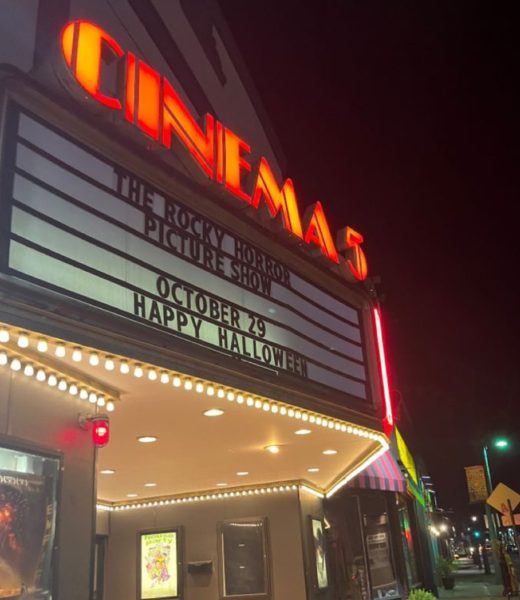Opinion: Beneath The Cover of Catcher In The Rye

If you’re a bookworm, you’ve at least heard of, and likely read, Catcher In the Rye. It’s infamous personality of a coming of age existential crisis is widely accepted as brilliant and possibly one of the best novels of it’s time. If you haven’t read it, what I’m saying might not mean much content wise, but the principle follows weather you’ve delved into Salinger’s works or not. The small, simple book looks dull and unimportant externally but what it contains is much more than you would think at first glance.
There are too many themes in Catcher In The Rye to go into detail, but I want to highlight a few things that Salinger described that really stuck out to me. Salinger creates Holden Caulfield, a character that is quite literally being eaten alive by the painfulness of growing up and becoming an adult. He protects himself from his pain and fear of the future by isolating himself and acting as though he is “above” everyone else. In actuality, this isolation stems from his need to avoid human interaction, something volatile that confuses him. Holden feels that he needs to control every variable in life; the people he talks to within the novel do not conform to his expectations of how he desires them to react, and therefore they upset him with their unpredictable human nature. Without the intentional, masochistic alienation Holden inflicts on himself, he is overwhelmed by everyday interactions and thoughts. Holden cannot seem to come to terms with the fact that he too is flawed and imperfect, just like the people he is so critical of. He comprehends this deep down, but will not acknowledge it, causing his bitter mistreatment of those around him.
Holden has very opinionated views on the cynicism of the adult world and continually describes adults as phony and superficial. Adults, according to Holden, are pretentious and unaware of their horrendous superficiality, an insight that makes Holden feel above them and enlightened. Above all else is his fantasy to be a catcher in the rye; childhood, to him, is romping through a field of rye and adulthood is comparable to plunging off the cliff of childhood and dying. “. . . I’m standing on the edge of some crazy cliff. What I have to do, I have to catch everybody if they start to go over the cliff—I mean if they’re running and they don’t look where they’re going I have to come out from somewhere and catch them. That’s all I’d do all day. I’d just be the catcher in the rye and all” (Salinger). This is a unique personality trait for a character coming of age: literally resisting the process of growing up, and wishing to catch other children from “dying” or becoming adults. When Holden visits the Museum of Natural History, he expresses his desire for life to be like the historical figures in the museums: fixed, predictable, comprehensive and unchanging. Holden prefers a life void of conflict; he has trepidation for what is to come later in life, and shrouds this weakness and insecurity in a harmful armor of precious and fragile loneliness. Holden holds on to his bitter criticisms of the people he encounters. Their unpredictable nature forces him to question his self-worth and therefore the complexity of these situations overwhelms him.
Holden is someone we all identify with to a degree. All of us struggle with self-doubt, insecurity, fear of the unknown, and feelings of hopelessness. It can be comforting and frightening to witness a fictional character going through situations and having thoughts that we ourselves have had. Catcher In The Rye is all about the ups and downs of the human spirit, how we cope and how we sometimes can’t cope. The simple interactions and happenings of Holden Caulfield in the few days we know him, spin a much more complex web that opens a window on a sliver of the human conscious. It begs the self-reflecting questions Holden is too afraid to try to answer within himself: Who am I, really? What makes me, me? How am I unique and worthy in a world with millions just like me? What am I here for? All pretty upsetting if you tend to dwell; these are the types of questions that can ruin you if you have no outlet. It can kind of make you just want to run away to a field of rye or something.
http://www.sparknotes.com/lit/catcher/themes/







